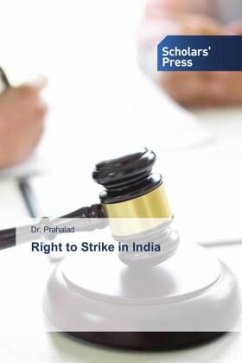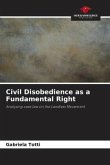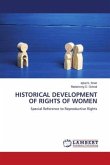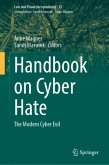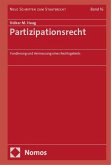Demonstrations and processions usually involve three fundamental rights : freedom of speech, freedom of assembly and freedom of movement. Many times the question arose before the court that whether the above stated fundamental rights includes the right to strike. In this book the author tried to analyses the emergence of the concept of right to strike under the Article 19(1) of the Indian Constitution, by analyzing various decided case laws in this matter.The word "strike" is the act of stopping work by a body of workmen for the purpose of coercing their employer to accede to some demands they have made upon him. In context of India the Industrial Disputes Act, 1947 implies a right to strike in industries. The workers' right to strike is complemented by the employers' right to lock-out, thus maintaining a balance of powers between the two. However, the Rangarajan judgment, by prohibiting strikes in all forms, but leaving the right to lock-out untouched shifts the balance of powerin favor of the employer class.This book will be helpful for the LLB, LLM students, Researchers as well as General Public.
Bitte wählen Sie Ihr Anliegen aus.
Rechnungen
Retourenschein anfordern
Bestellstatus
Storno

